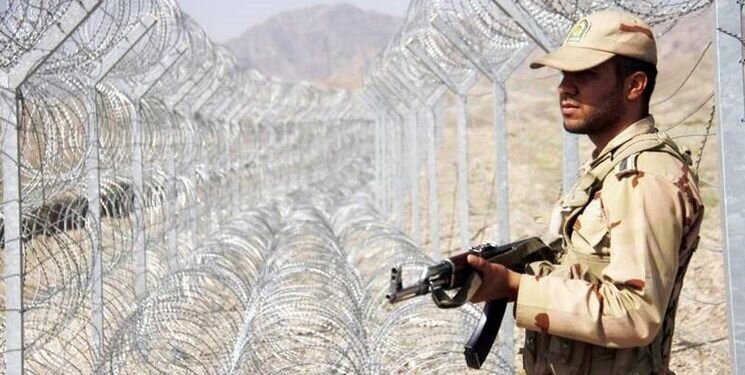Comprehensive border management plan reviewed in Iran’s Parliament

TEHRAN – The National Security and Foreign Policy Committee of the Iranian Parliament has reviewed a comprehensive border management plan aimed at strengthening coordination, security, and oversight across the country’s borders.
Speaking about the session on Sunday, Ebrahim Rezaei, the committee’s spokesperson, said the plan was examined with the participation of key authorities, including the armed forces, the Ministry of Interior, and representatives from other relevant government agencies involved in border affairs.
The plan, which consists of 22 articles and 17 notes, is divided into four main sections. The first section covers general provisions, an introduction, and definitions.
The second section establishes a Border Working Group, tasked with policy-making, setting guidelines, and strategic oversight of border affairs. The working group will include representatives from military and government sectors, including the Ministries of Interior, Foreign Affairs, Intelligence, Roads and Urban Development, and Defense, as well as the Plan and Budget Organization and representatives from the legislative and judicial branches. The group’s role is to coordinate policies and mobilize resources to enhance the country’s border operations.
The third section defines the duties and authorities of the Border Command in 47 clauses, detailing responsibilities such as border security, management, diplomacy, surveillance, safeguarding the border line, countering intrusions, and rescue operations. It also outlines the roles of other agencies, including ensuring the welfare and livelihoods of border personnel and the provision of necessary funding and resources by budgetary authorities.
The fourth and final section addresses criminal regulations related to border affairs, focusing primarily on unauthorized entry into the country and the associated punishments.
Rezaei emphasized the need for a unified legal framework to standardize border management across all agencies, filling a long-standing legislative gap that the new plan seeks to address once it is approved by Parliament.
